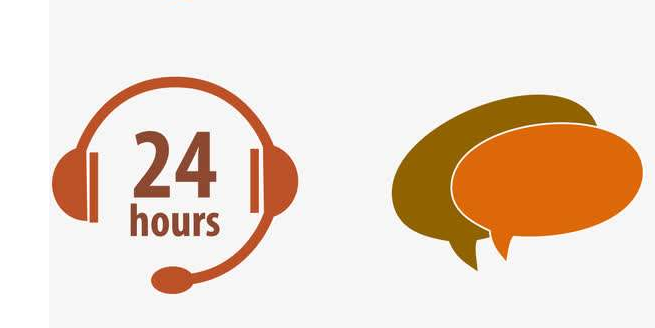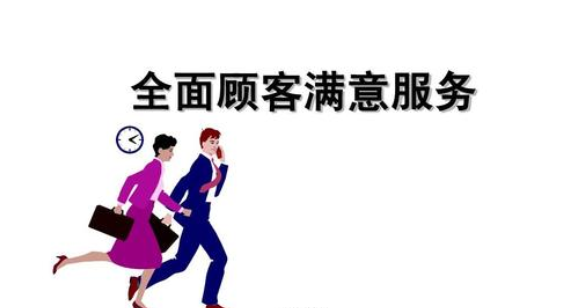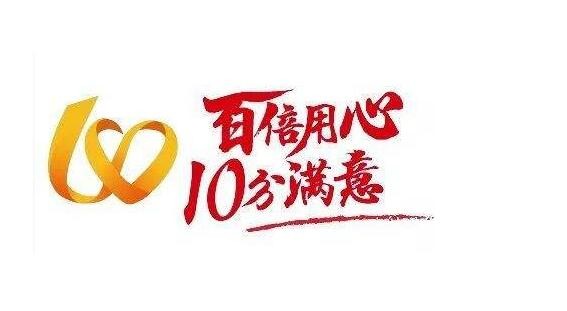Age is an important aspect of our lives as it affects our experiences, perspectives, and interactions with others. In English, discussing age involves various expressions and cultural nuances. This article explores the topic of age in English, examining different ways to ask and answer about one's age, cultural considerations, and common age-related phrases.

When inquiring about someone's age in English, there are several common phrases and questions used. The most straightforward way is to ask "How old are you?" However, it's important to consider the appropriateness and context in which this question is being asked. In more formal situations, such as in an interview or meeting someone for the first time, it might be more appropriate to use a less direct approach, such as "May I ask how old you are?" This shows respect and acknowledges the potential sensitivity of the topic.

In casual conversations, one might also use idiomatic phrases like "What's your age?", "How many years young are you?", or "When were you born?" These variations can add a touch of humor or playfulness to the question, depending on the context and relationship between the speakers.

It's worth noting that asking about age is not always considered polite in certain cultures, so it's essential to be sensitive to cultural differences when engaging in conversations about age.

When answering questions about age in English, there are several common conventions. The simplest response is to directly state the number, such as "I am 25 years old." This is a straightforward and unambiguous answer that leaves no room for interpretation.

Alternatively, some may choose to respond with phrases like "I am in my late twenties" or "I am approaching my forties." These responses provide a broader age range without disclosing the exact number. They can be useful when someone prefers not to reveal their specific age or if they consider it irrelevant to the conversation.

Another common way of responding to an age question is to redirect the focus. For example, one might say, "I prefer not to discuss my age, but I feel young at heart!" This response acknowledges the question without explicitly answering it and allows the conversation to shift towards a different topic.

The topic of age can vary across cultures, and it's crucial to be aware of cultural sensitivities when discussing age in English. In some cultures, age is highly respected and seen as a sign of wisdom and experience. In these cases, revealing one's age is not usually a cause for concern.

However, there are cultures where age is considered a more private matter and disclosing one's age is seen as inappropriate or impolite. It's important to show sensitivity to these cultural norms and avoid asking about age unless it is explicitly offered by the person.

In addition, different cultures may have different expectations or attitudes towards aging. Some cultures embrace aging and view it positively, while others may have more negative associations. Understanding these cultural nuances can help avoid misunderstandings and foster respectful conversations about age.

English is rich in idiomatic expressions related to age. These phrases are used in various contexts and can add depth and color to conversations. Here are a few examples:

1. "Over the hill": This phrase is often used humorously to describe someone who has reached middle age or beyond, implying that they are past their prime.

2. "Age is just a number": This common saying suggests that age should not define a person's capabilities or restrict their actions. It emphasizes the importance of one's mindset and attitude towards aging.

3. "The golden years": This phrase refers to the period of life after retirement, usually associated with relaxation, leisure, and enjoying the fruits of one's labor.

4. "Fountain of youth": Derived from the mythical fountain that grants eternal youth, this phrase is used metaphorically to refer to anything that helps maintain a youthful appearance or energy.

These phrases, among many others, showcase the various ways age is portrayed and discussed in English-speaking cultures.
Discussing age in English involves using appropriate questions, considering cultural differences, and being aware of common age-related expressions and idioms. It's important to be sensitive to the context and inpidual preferences when asking or answering questions about age. By recognizing the persity of attitudes towards age, we can engage in respectful and meaningful conversations about this important aspect of life.
标题:你今年几岁了用英语怎么讲(How old are you this year - Exploring age in En
地址:http://www.hmhjcl.com/zhinenmatong/125241.html

